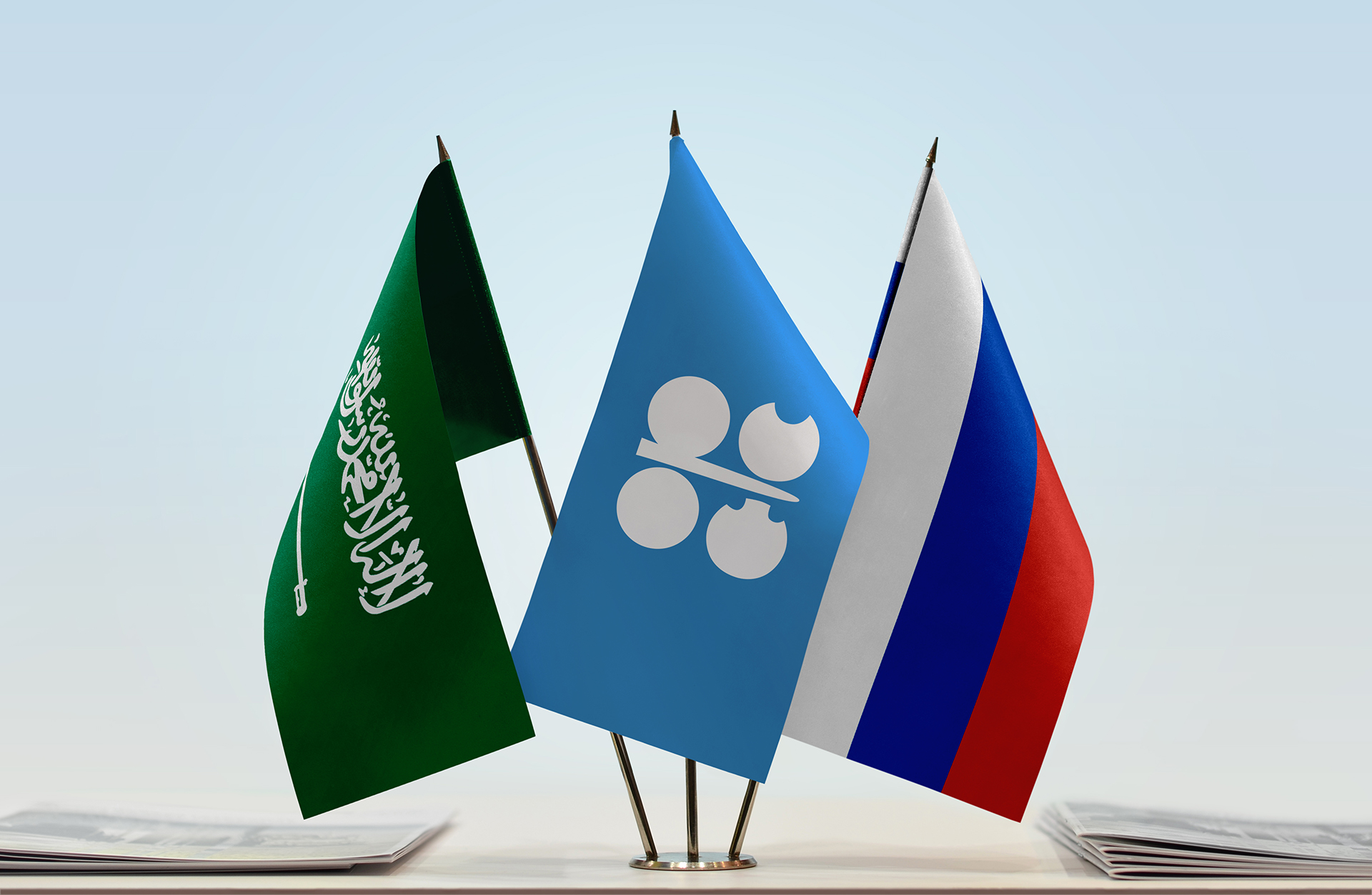Saudi Arabia, the leading member of OPEC, has been pursuing an unconventional strategy in recent months, opting to lower oil prices in an effort to restore discipline within the group. The move marks a stark contrast to the traditional approach of pushing prices higher, a tactic long favoured by OPEC to maximise revenue. However, Riyadh’s shift in approach reflects the kingdom’s growing frustration with certain OPEC+ members, namely Kazakhstan, Iraq, and the UAE, who have been accused of failing to comply with agreed output cuts.
OPEC+, which comprises both members of the Organisation of the Petroleum Exporting Countries and non-member nations like Russia, has faced mounting tensions over compliance with production targets. Despite Saudi Arabia’s role as the de facto leader of the coalition, some members have been suspected of exceeding their production quotas, undermining efforts to stabilise global oil prices. As the global economy continues to recover from the pandemic, the oil market remains volatile, with demand fluctuating and supply chain issues persisting.
To address this issue, Riyadh has adopted a strategy of increasing production within the group, despite its own historical preference for controlling output to manage price levels. The objective is to flood the market with oil, creating an oversupply that would inevitably drive down prices. In theory, this price drop would force the non-compliant nations to align with the agreed production cuts, or face further financial pressure. This tactic, which might seem counterintuitive to the kingdom’s long-standing position, highlights the deep frustration among OPEC+ members over repeated violations of agreed targets.
Saudi Arabia’s decision to lower oil prices and promote higher production has sparked debate among analysts, with some arguing that it could backfire. While it may exert short-term pressure on non-compliant members, it also risks destabilising the global oil market, which has yet to fully recover from the shocks of the COVID-19 pandemic and the Ukraine conflict. Critics of the strategy warn that this approach could lead to increased competition among OPEC+ producers, with some countries potentially boosting production to capture market share. Such a move could lead to a price war, eroding the profits of all members and impacting global oil-dependent economies.
The current oil price environment is a far cry from the high prices seen during the early stages of the pandemic recovery. After prices plummeted in 2020, OPEC+ nations made a concerted effort to reduce supply in order to stabilise the market. The plan worked for a time, with oil prices climbing steadily. However, the emergence of new challenges, such as Russia’s ongoing war in Ukraine, which has disrupted oil flows, and shifting demand patterns from major consumers like China, have complicated the situation for OPEC+.
Riyadh’s position is further complicated by the complex geopolitics of the Middle East. The UAE and Iraq, for example, have not always aligned with Saudi Arabia’s vision for OPEC+ unity. The UAE, in particular, has been a vocal critic of OPEC+’s production targets, arguing that it should be allowed to increase its output to reflect its growing oil production capacity. Iraq, too, has been accused of exceeding its production limits, though it has defended its actions by citing economic pressures and the need to support its fiscal health.
Saudi Arabia’s response to these tensions has been to flex its muscle within the OPEC+ group. As the world’s largest oil exporter, Riyadh has the leverage to push for stricter compliance, even if it means sacrificing short-term revenue. However, the long-term implications of this strategy remain unclear. While it might succeed in restoring order within OPEC+, it could also alienate key members and create friction within the group. Saudi Arabia’s position as the leader of OPEC+ is built on a delicate balance of diplomacy and economic interests, and any misstep could undermine its influence over the group.
Despite these challenges, Saudi Arabia remains committed to its vision of an oil market that is both stable and lucrative. As oil prices fluctuate in response to global events, the kingdom’s policy direction will continue to play a critical role in shaping the market. However, Riyadh’s ability to navigate the increasingly fragmented OPEC+ landscape will be crucial in determining the future dynamics of global oil production and pricing.

